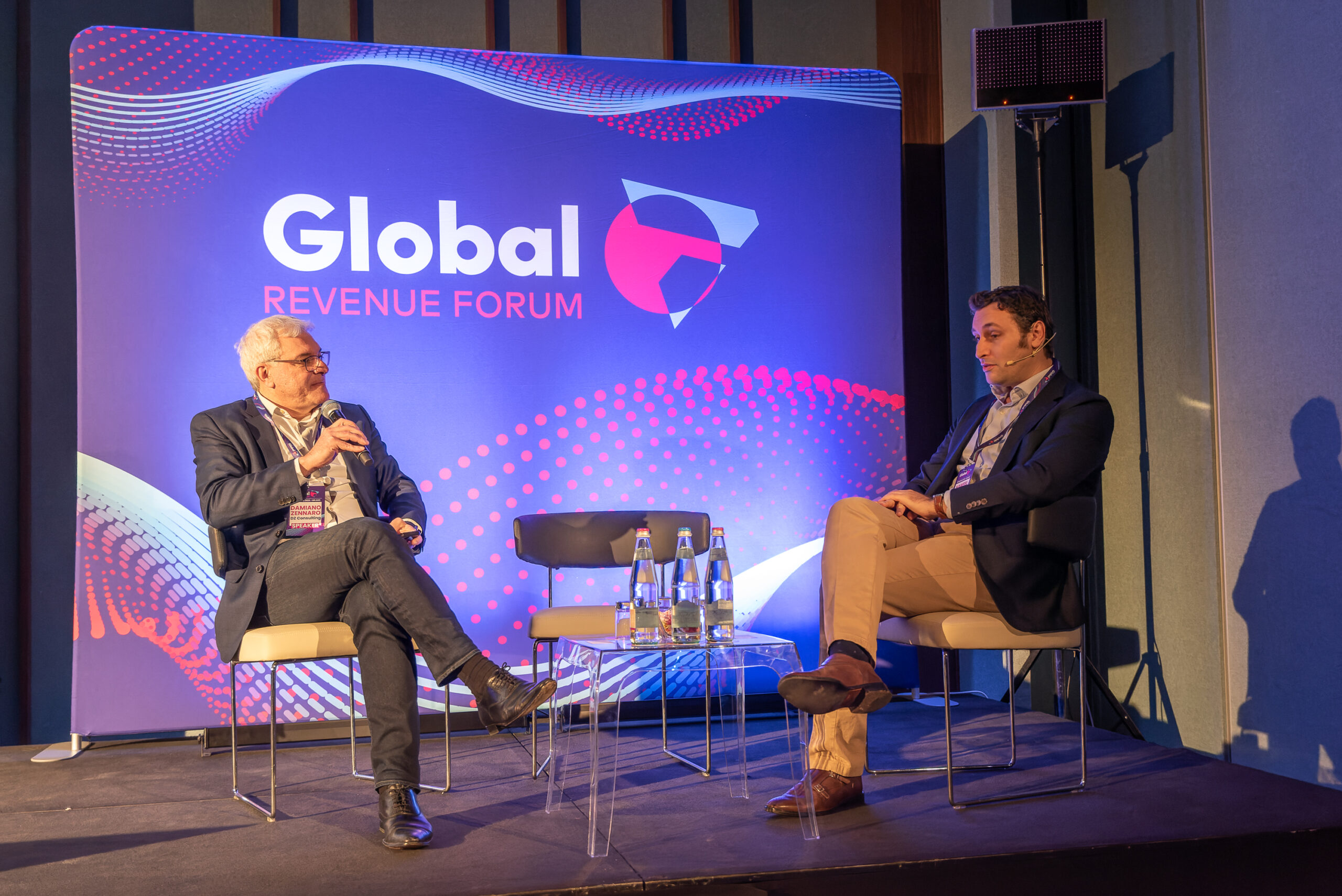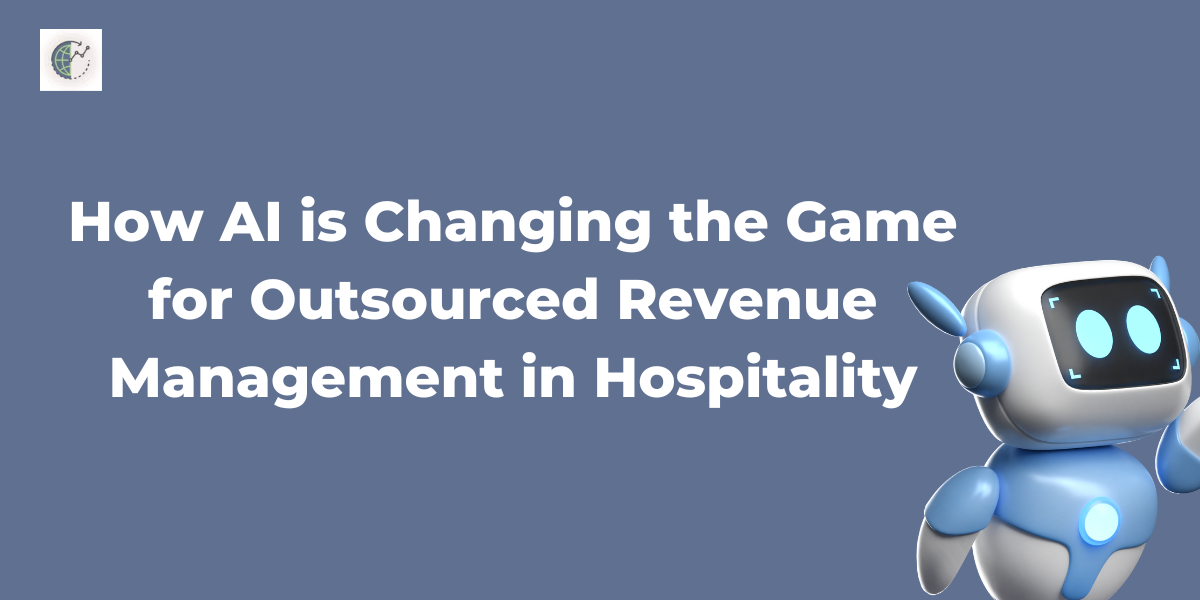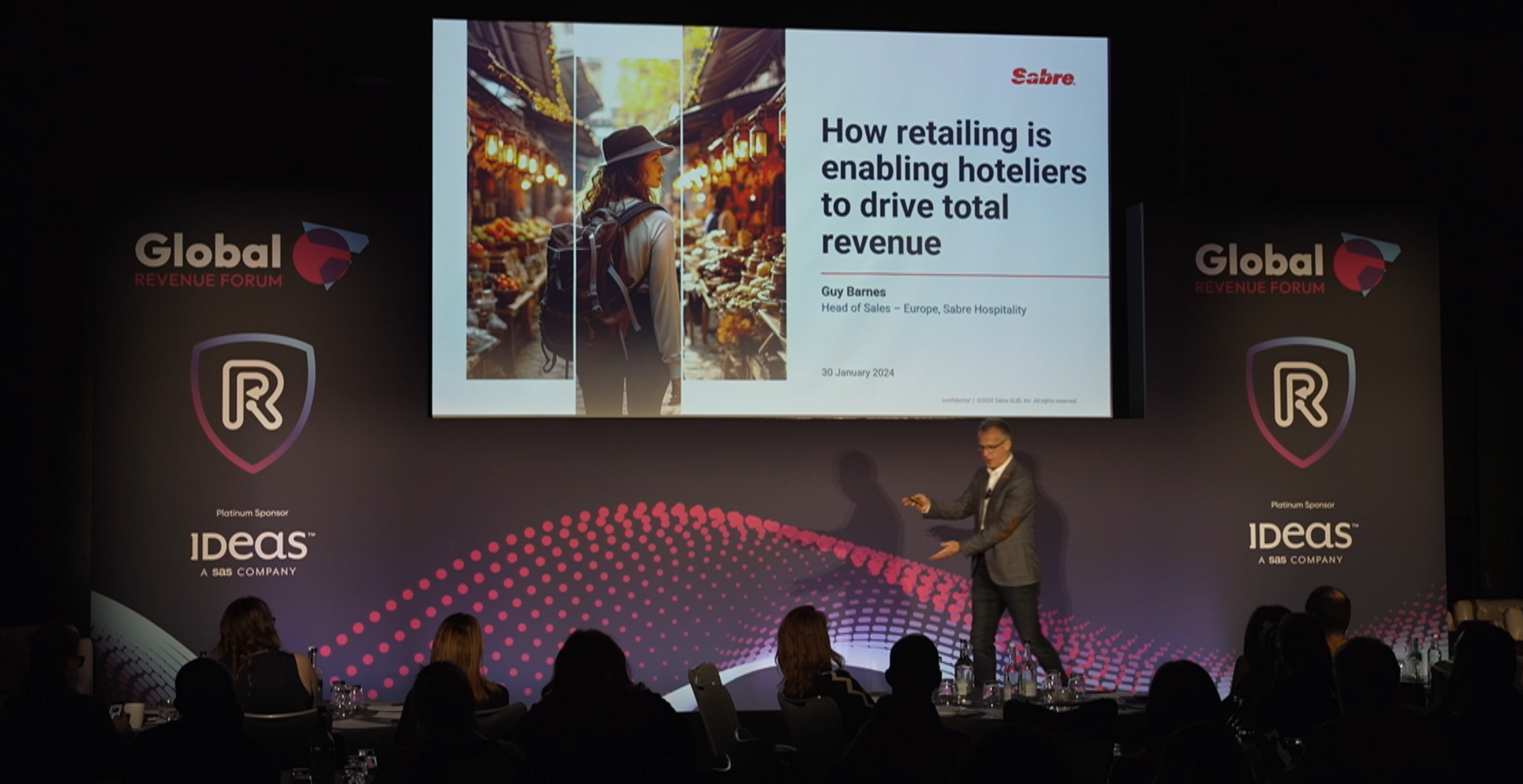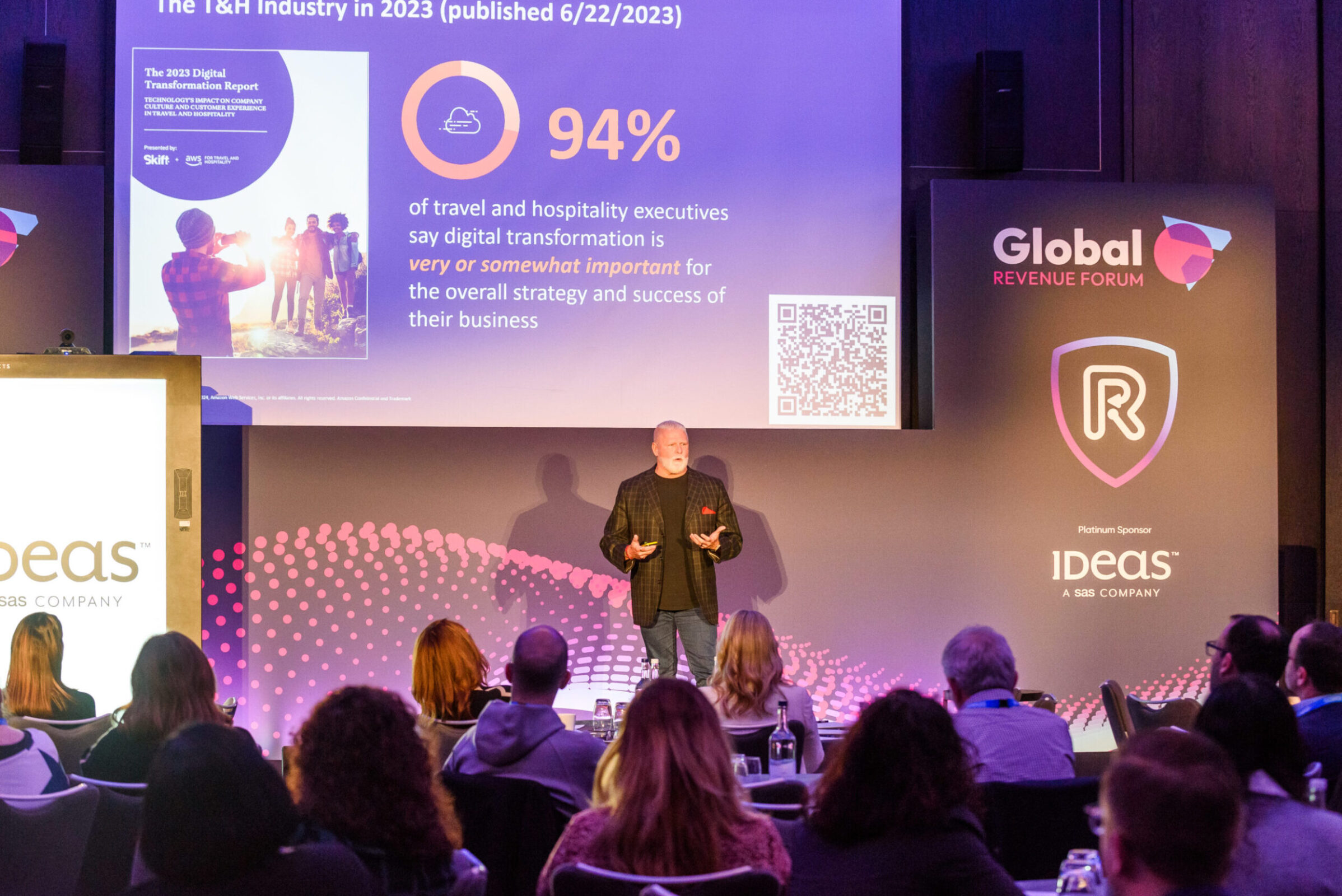
What do you need to look out for in this new relationship?
New technology from Expedia is to offer customers the option of paying upfront for their hotel booking, in which case Expedia collects payment and pays the hotel (merchant model), or offers the option to pay on departure from the property, in which case Expedia bills the hotel a commission. The new Expedia Traveller Preference Programme (ETP) makes it really simple for customers to book removing upfront payment commitment and increasing choice.
Expedia has always been challenged in Europe by the rampant growth of Booking.com, which offers the agency model to customers, who pay on departure from hotels. In 2008 the purchase of Italy’s venere.com by Expedia was hoped to curtail Booking.com’s growth but didn’t have the desired outcome.
The move clearly signals acknowledgement on the part of Expedia that Booking.com’s model is not to be beaten down. From a consumer perspective, its more choice and that generally means good news. It’s not clear at this stage whether guests will get a discount for pre-paying, but here are a few things to think about:
Increased conversion – but higher cancellations?
Pre-paid bookings are seen as a barrier to booking conversions, and the associated tough cancellation policies have driven customers to using simple to book sites such as Booking.com. If this works as intended for Expedia, there should be an increase in conversion from Expedia customers, thereby increasing bookings from the channel, but also increasing the likelihood of cancellations. Check cancel policies and you may want to consider adjusting these to give more time to accommodate a higher level of last minute cancellations.
Merchant fee morphs to commission fee
The merchant model fee includes the process of merchant collecting payment from the customer and is an inherent part of what the hotel pays for; applying a merchant fee to an agency commission transaction doesn’t reflect the payment collection process making it a high price to pay for a relatively simple transaction.
Impact on P&L
In this model as bookings shift from merchant to commission, commission fees will increase, and depending upon your accounting procedures you will recognise the full rate rather than the net rate. Keep an eye on how increased commissions impact, cost of sale, the P&L and your revenue forecast.
Front Desk Reservations Corrie check
Its possible that consumers could become “confused” as to whether they have paid upfront or are required to pay on departure. Its worth giving a heads up to the Front office team about the change to make sure that they check the reservation confirmation and don’t assume an Expedia reservation is pre-paid and allow a pay-on-departure guest to leave the property without paying.
Channel Shift
There’s no doubt about Expedia’s marketing capabilities, this initiative represents a re-education of the Expedia customer, which is unlikely to be a mini marketing campaign. Once it gets going, it may signal channel shift from direct to web bookings to third party so this may be a good time to re-invigorate your own web site strategy.
Will the rates be the same on site – whether pre paid or pay on departure?
Good question and to be honest its not clear right now– if they are the same, then from a consumer perspective there’s limited reason not to wait and pay on departure, unless you don’t fancy handing over a credit card when travelling or want to budget accordingly.
Timings
It’s a preliminary programme and the technology is being tested and promoted through market managers – so these will be your first port of call for more information.
Impact on your revenue strategy – the Tingo effect
We commented on the introduction of Tingo the consumer site that guarantees money back when a rate decreases between time of booking an date of arrival – remember that Tingo pulls its inventory from Expedia, so if Expedia gains greater conversions this may have a knock-on effect on increased bookings through affiliate sites such as Tingo.
Any other thoughts? Let me know!
Related articles
- Will Consumer centric sites drive 100% non refundable Hotel Reservations? (revenuebydesign.wordpress.com)







